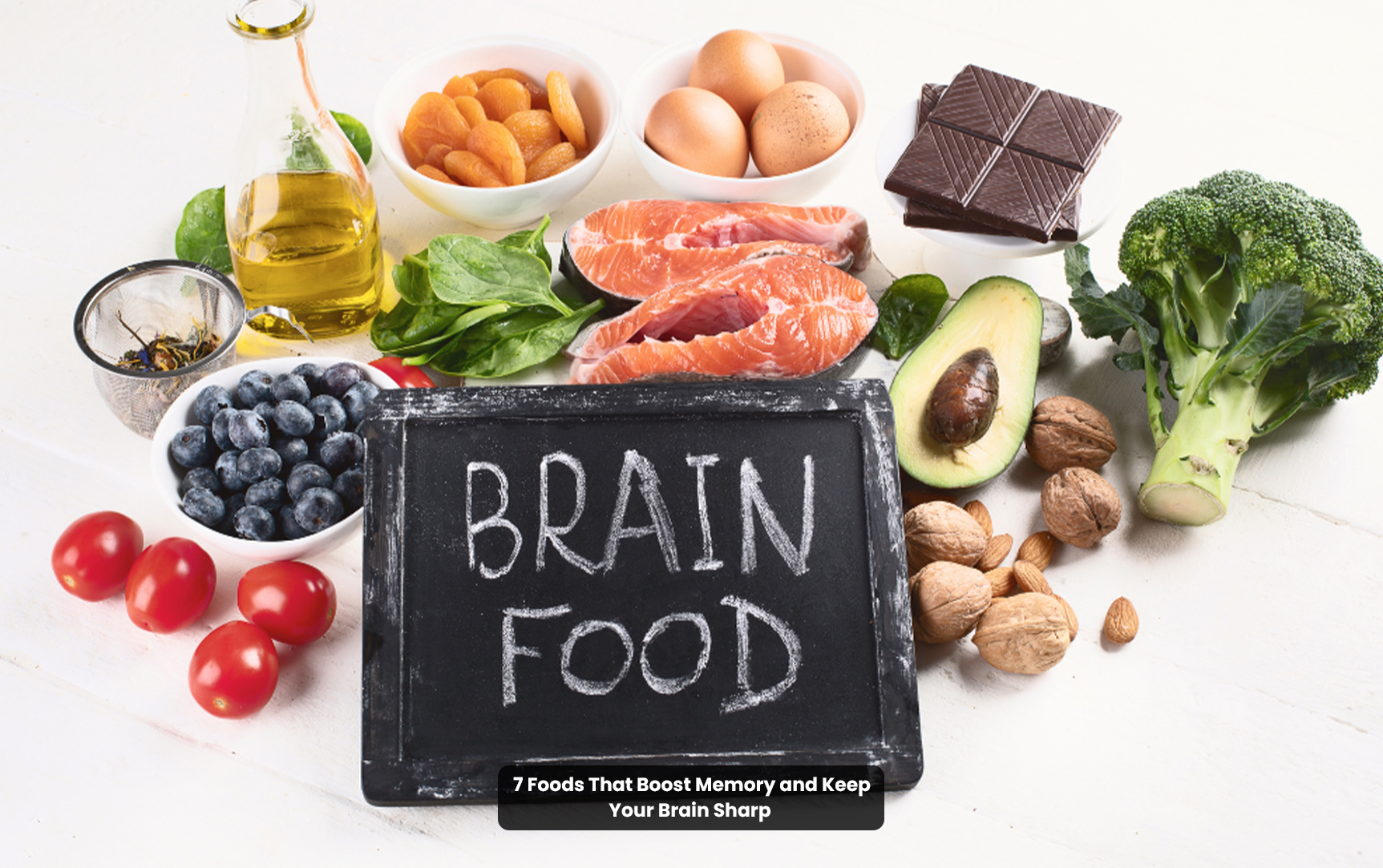
Consistency is the key. Although you might feel more alert or mentally sharp after a nutritious meal, real cognitive advantages — like improved memory and clearer thinking — usually result from having a brain-healthy diet for weeks or months.
Supplements can complement your diet but must not take the place of whole foods. Nutrients are more powerful when derived from food because of the synergistic effect of other compounds in combination.
Yes, high-refined-sugar, high-saturated-fat, and processed-food diets are associated with lower cognitive functioning and higher risk of disease like Alzheimer’s. Junk food is best avoided, and natural, nutrient-dense foods should be eaten.
In moderation, yes. Coffee has caffeine and antioxidants, both of which can help the brain. Caffeine boosts brain function in the short run, but too much of it can cause jitteriness or bad sleep, which eventually hurts memory.
Physical activity, brain teasers (such as mastering a new ability), good sleep, mindfulness techniques, and having close social relations are all established methods to promote cognitive well-being in addition to a healthy diet.
Ashiana, Ashiana Housing build homes. Homes surrounded by vast green spaces and fresh breeze. Homes cocooned in secured gated complexes. Homes where futures are forged and there are opportunities to grow. And Homes in environments brimming with healthy activity, trust and respect. At heart, we build communities with care.
Other posts by Ashiana
Join 1000+ of fellow readers. Get expert real estate knowledge straight to your inbox absolutely free. Just enter your email address below.